In This Article
Introduction
Pixiu (pí xiū) is a mythical creature with significant symbolic meaning in Chinese culture. It is widely used in feng shui, home decoration, and personal beliefs. Below is a detailed introduction to Pixiu:
Basic Information
- Name: Pixiu
- Aliases: Bixie, Tianlu, Baijie; colloquially known as "Pixiu the Great Tiger"
- Mythological System: Chinese mythology
- Physical Features: Pixiu resembles a hybrid of tiger and leopard, with a dragon-like head and tail. It has a golden or jade-like color, and sometimes depicted with wings that cannot be spread. It has a horn on its head and tilts backwards. In ancient times, Pixiu was depicted with one or two horns; one horn symbolized "Tianlu" and two horns symbolized "Bixie". Modern representations often feature a single horn.
Historical Origins
- Origin: Pixiu is recorded in ancient Chinese texts and folklore as a fierce and auspicious beast, one of the Five Auspicious Beasts alongside the dragon, phoenix, turtle, and qilin. According to "Records of the Grand Historian" by Sima Qian, Pixiu was tamed and trained by the Yellow Emperor.
- Cultural Status: In ancient times, Pixiu was a symbol of royalty and imperial power. Emperor Wu of Han even designated it as an "Imperial Treasure" to safeguard treasures. Additionally, Pixiu symbolizes bravery and valor, often used in classical literature to describe courageous armies.
Cultural Significance
- Symbolism: Pixiu is associated with wealth attraction, warding off evil spirits, and safeguarding homes. It is believed to bring good luck and fortune, capable of turning misfortune into blessings.
- Applications: In feng shui, Pixiu is used to dispel negative energy, enhance wealth luck, and protect family harmony. People often place Pixiu statues or hang Pixiu decorations at home or in business premises to attract prosperity and ward off evil.
- Traditional Customs: In Meizhou, Wu Chuan City, Guangdong Province, during festivals like Chinese New Year or joyous occasions, people perform Pixiu dances to pray for blessings, ward off evil, and ensure safety.
Precautions
- When wearing or placing Pixiu, avoid prolonged exposure to strong light to prevent damage.
- Keep Pixiu clean and avoid contact with stains or contaminants.
- It's advised to limit access to Pixiu to maintain its effectiveness. Avoid placing it directly facing mirrors or doors, and keep it away from chemical substances.
- Feng shui experts caution that individuals with specific conditions such as weak health, pregnant women, newborns, those with poor digestive health, and women during their menstrual cycle should carefully consider whether to wear Pixiu.
Conclusion
In conclusion, Pixiu, as a mythical creature in Chinese culture, not only holds deep cultural significance and symbolism but also plays an important role in people's daily lives.
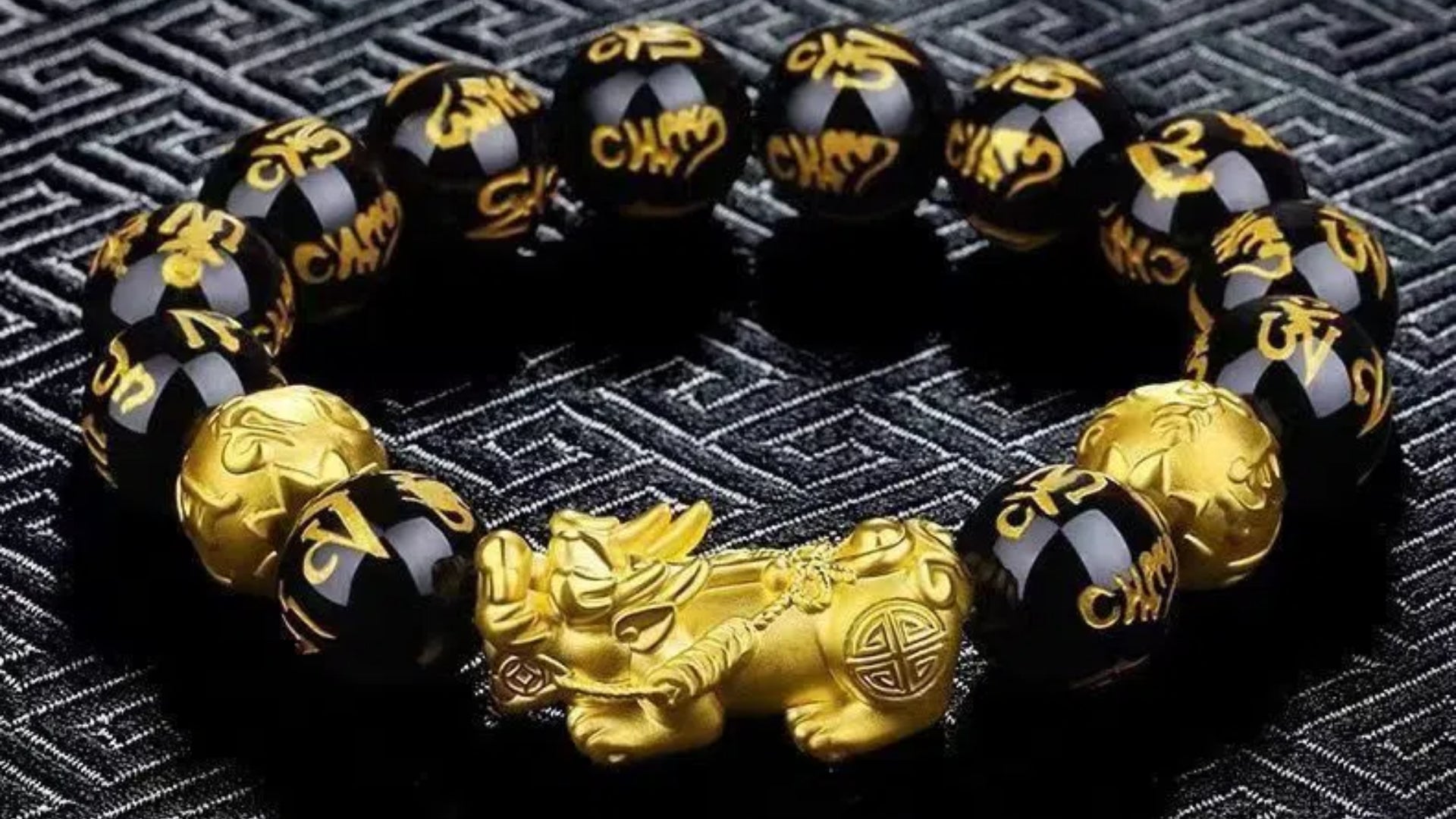


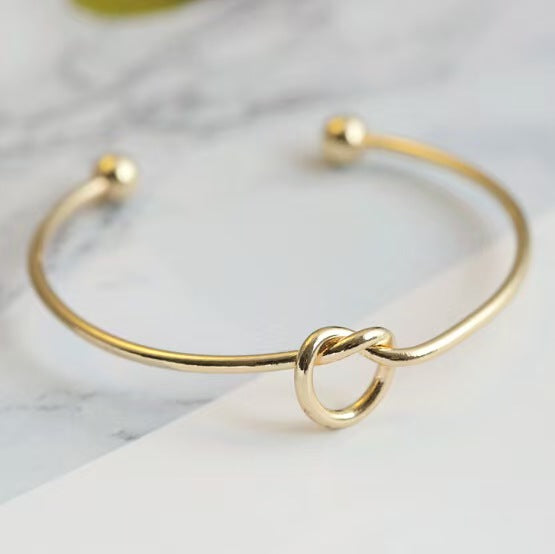

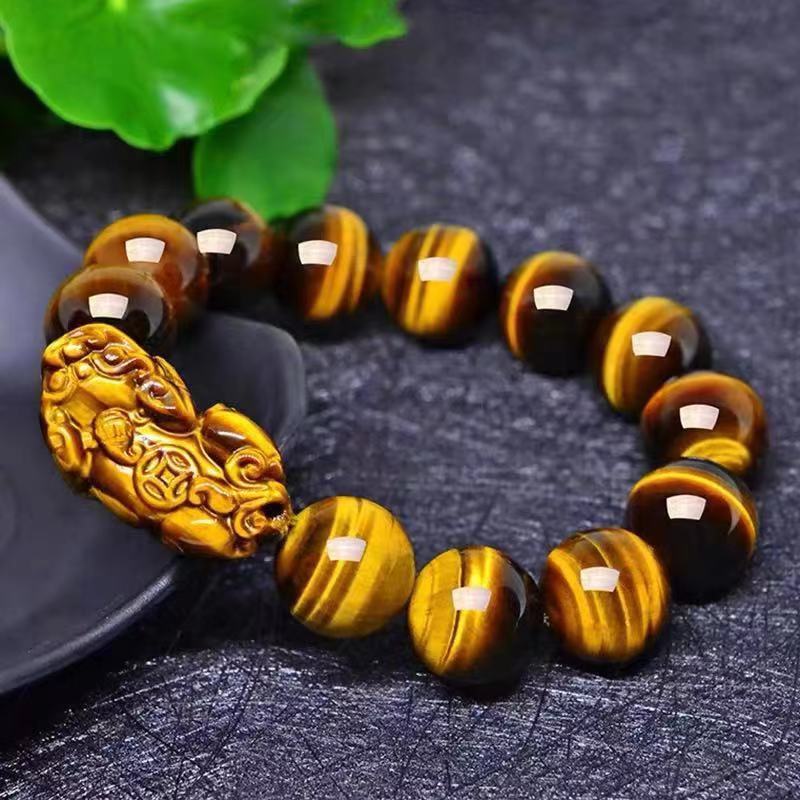
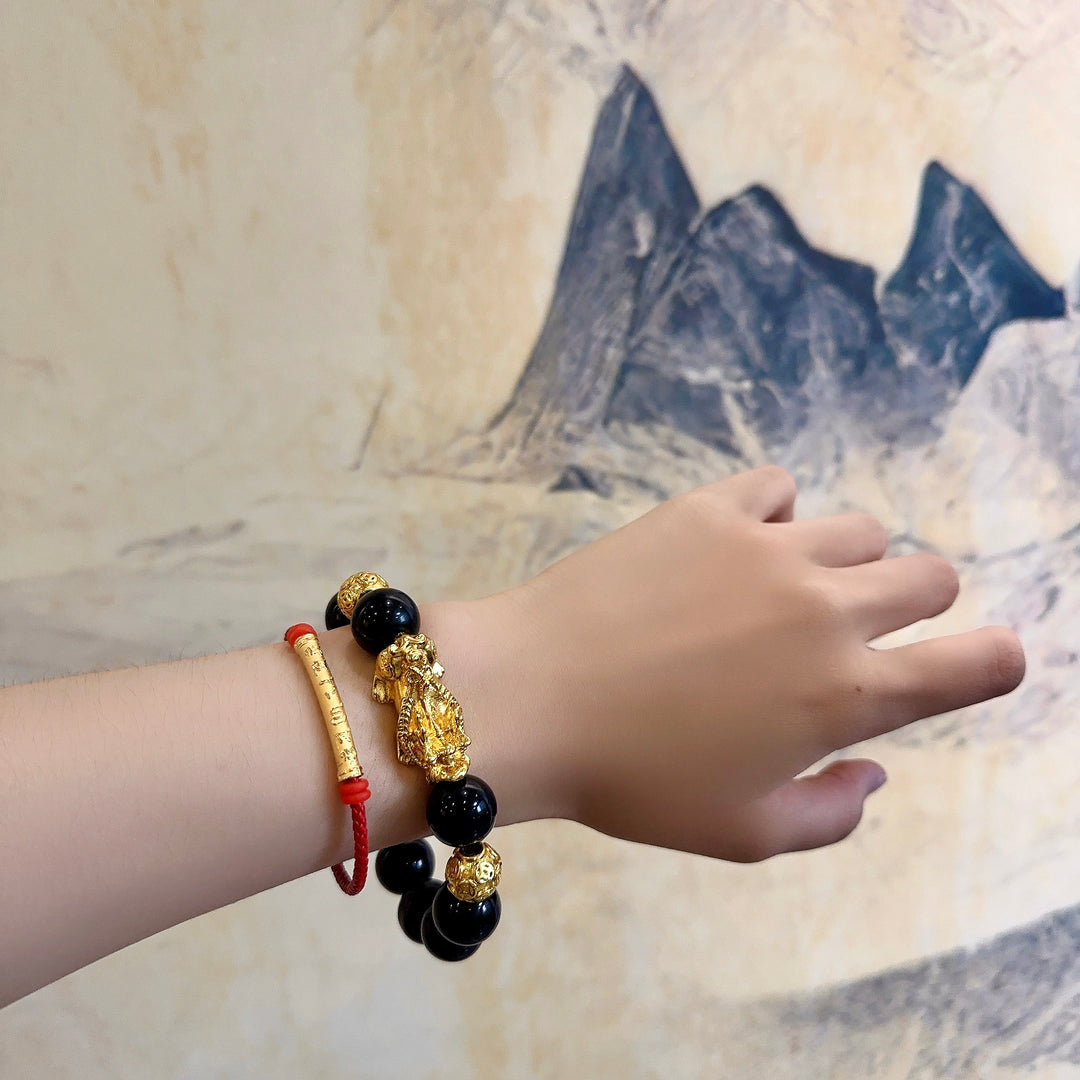
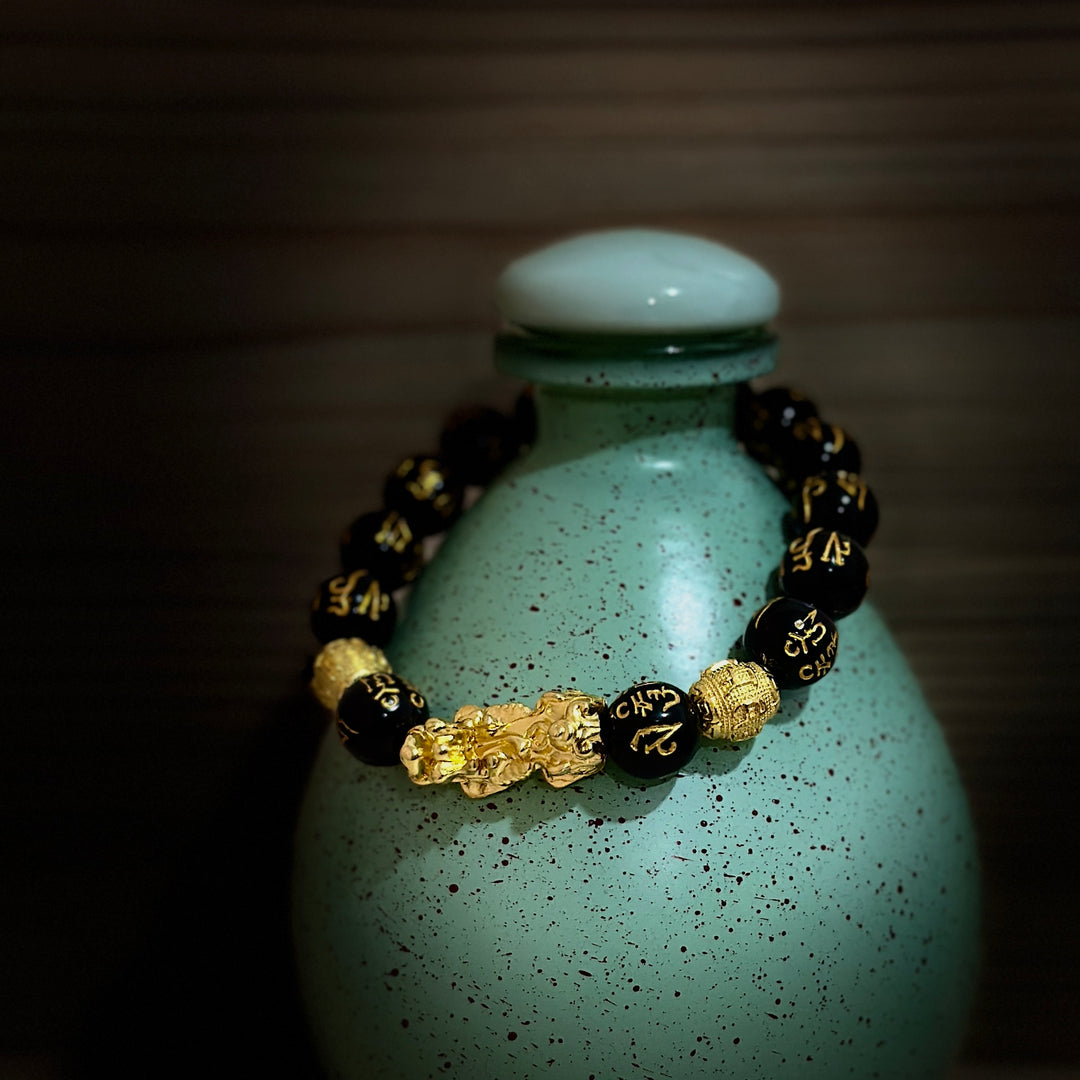
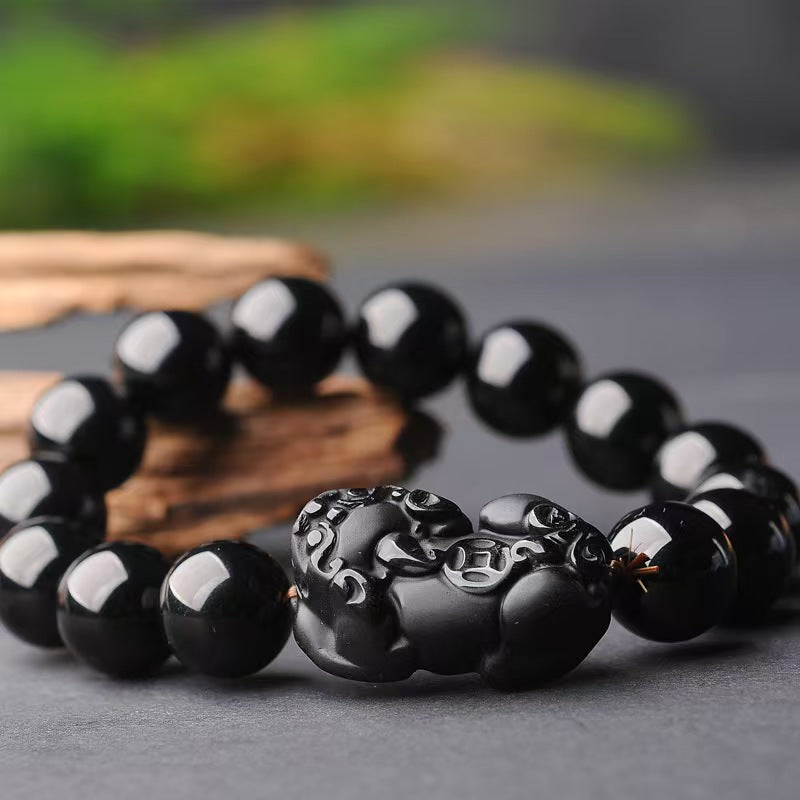




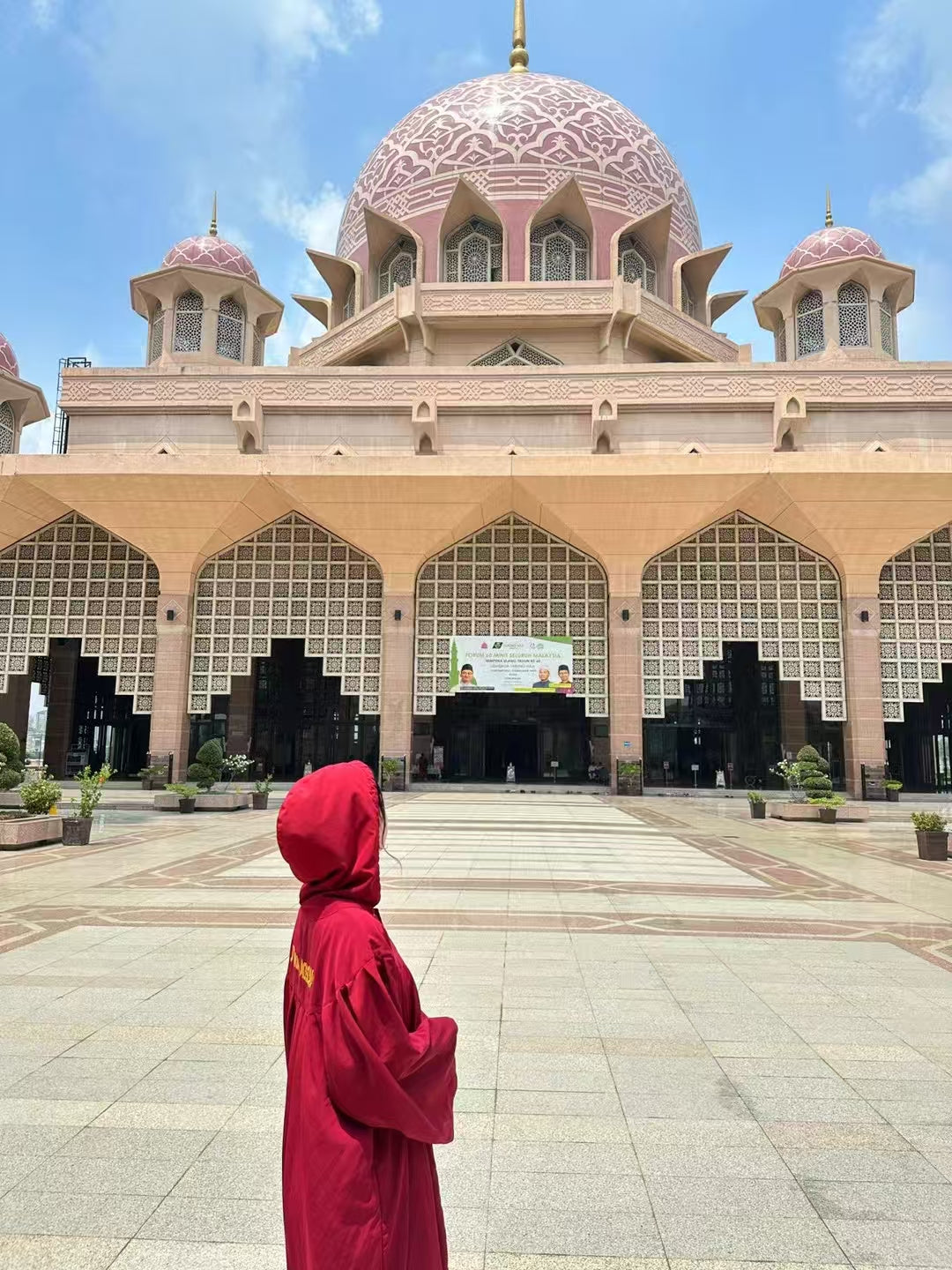

Leave a comment